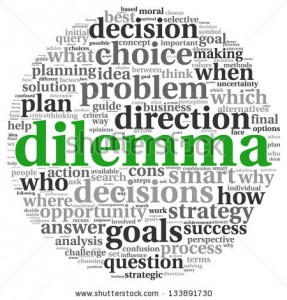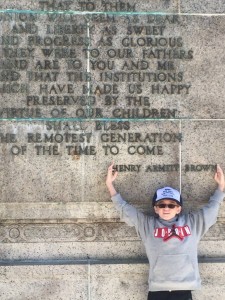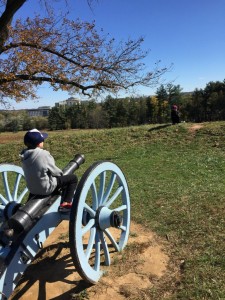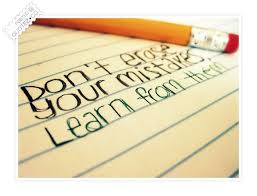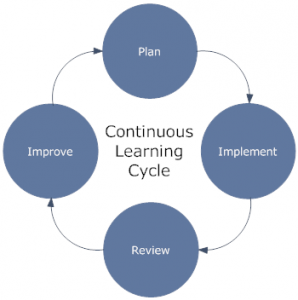
source: get-followers.yolasite.com
Remember when you first got on twitter? You would find some people to follow and scroll through your feed as they posted, and you would get so much information. It was all simple, right? Well, what changed? Quite a few things…
When was the last time you scrolled through your feed?
Hashtags
With the growing popularity of hashtags, most people on twitter tend to follow a few hashtags on TweetDeck, or Hootsuite. People may be exposed to your tweets even though they are not necessarily following you.
Chats
People only have so much time. So an hour on a chat may impact the time they can spend following their followers. Chats are a great way to engage with other educators as the dialogue is the main component of the learning.
Lists
Developing a list of people helps you take a large numbers of followers and scales it down to manage easier. People develop lists of other twitter users that may interest them or their area.
Mentions
Many people include mentions on their tweets to attract the attention of someone. Since it will show up in their mentions feed (which everyone checks), it will more likely be read. It is not a guarantee of interaction though because even the most “connected” educators will not reply, re-tweet or mention you. It’s all good. If you don’t get any interaction…. just move on…. there are plenty of fish in the sea.
Do you need to follow people anymore?
I think you do need to follow other educators because it is a crucial aspect of the PLN. When you follow someone, you are acknowledging their valuable contributions. You know that you won’t be able to read everything they post and that is OK.
Does it matter how many followers you have?
Most people, when asked this question, will say no. Chances are, they are not being completely honest. Gaining more followers, as stated before, is a validation of their efforts. In a sense, though, followers don’t matter because of the increase use of hastags, twitter chats, and lists your influence could be spread into places you never imagined.
Engagement is the key
No matter what, it is very crucial to acknowledge your followers, mentions, re-tweets, and favorites. A simple “thank you” or a “favorite” for something someone said or did in acknowledging you can go a long way! There are so many opportunities for engagement.
What do you think?

